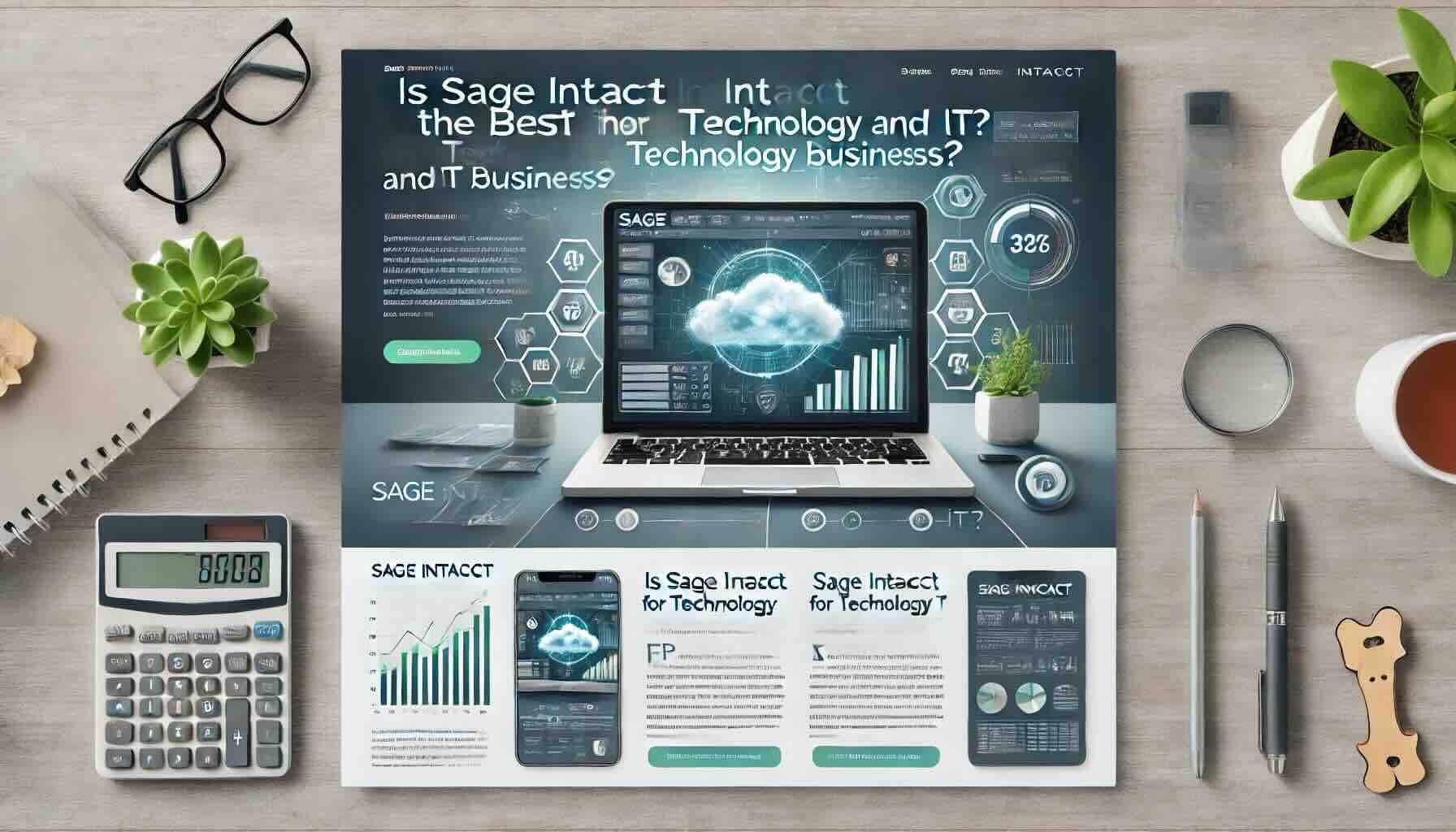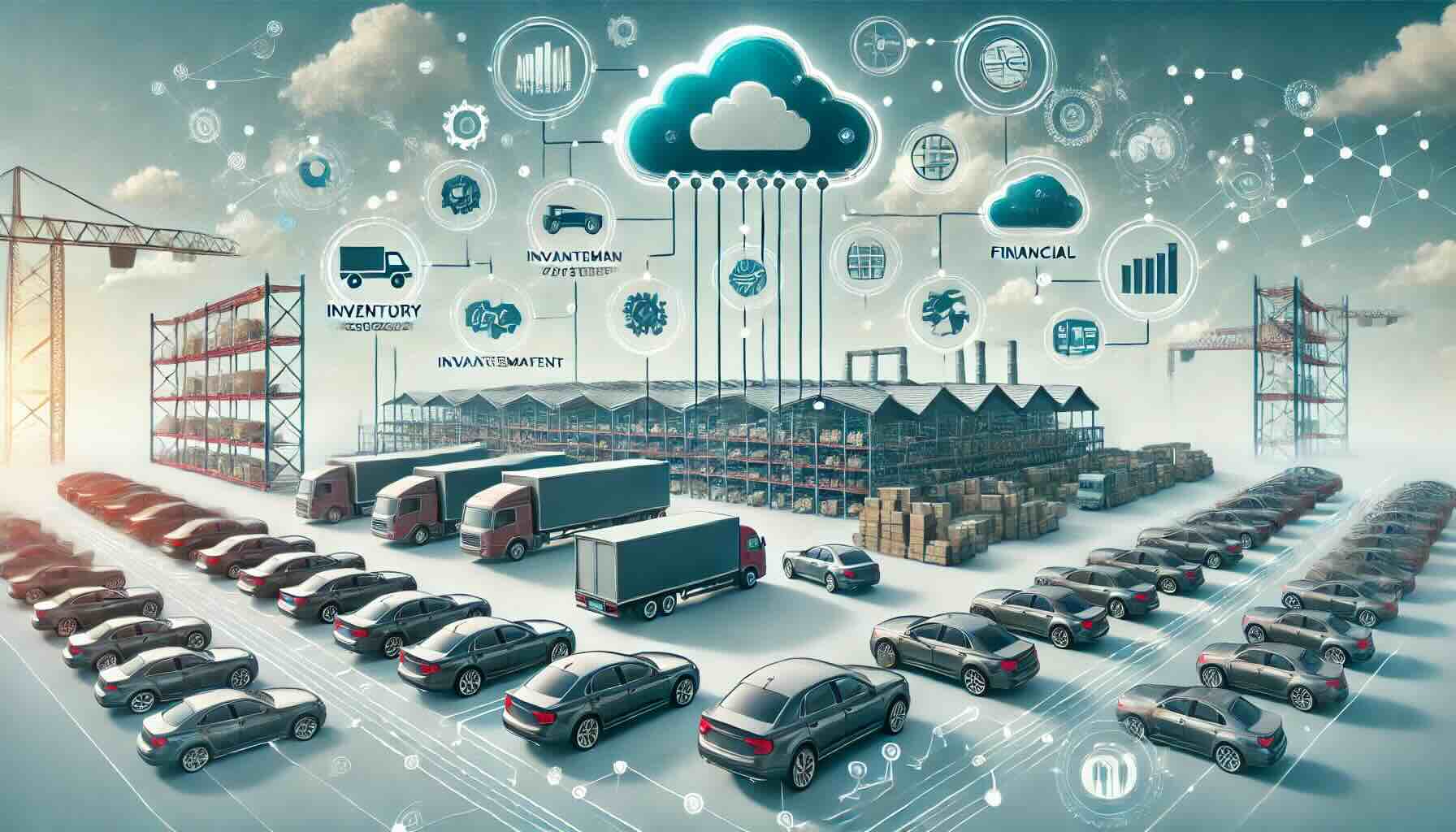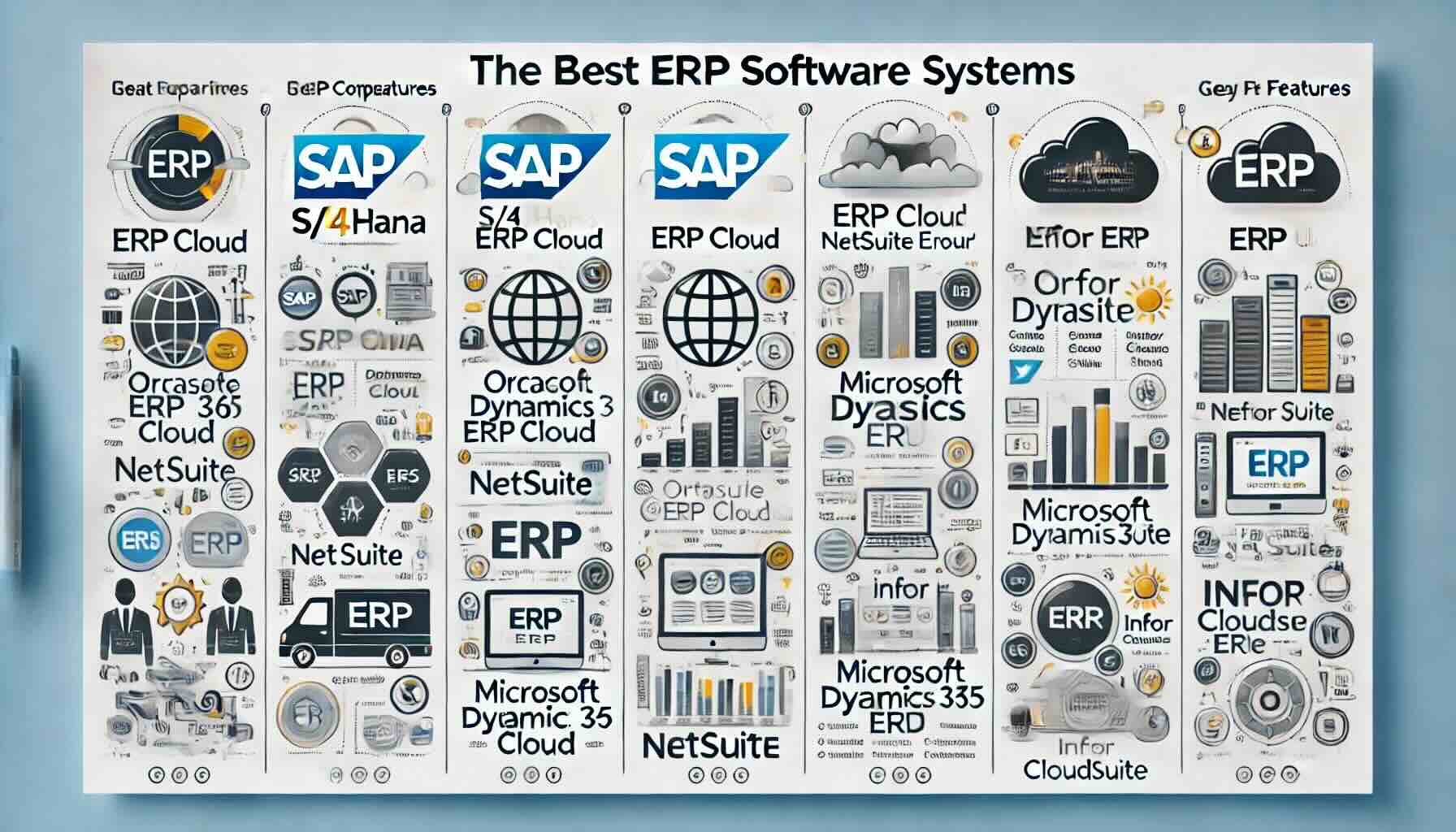Is Infor the Best Choice for Distribution Businesses?

Distribution businesses face numerous challenges, from managing complex supply chains to optimizing inventory and ensuring timely deliveries. To stay competitive, companies in the distribution sector need a powerful enterprise resource planning (ERP) solution that can streamline operations, improve efficiency, and reduce costs. Infor, a leader in cloud-based ERP solutions, offers industry-specific software designed to meet the unique needs of distribution businesses. This article explores whether Infor is the best choice for distribution businesses and examines its features, benefits, and potential drawbacks.
What is Infor?
Infor is a global provider of business cloud software designed for specific industries, including distribution, manufacturing, healthcare, retail, and others. The company’s approach emphasizes delivering tailored ERP solutions that address the unique requirements of each sector. With cloud-based architecture, artificial intelligence (AI) capabilities, and industry-focused features, Infor aims to help businesses improve their operational efficiency and make data-driven decisions.
Key Features of Infor for Distribution
Infor offers a range of features that are specifically designed to support distribution businesses in their day-to-day operations:
- Inventory and Warehouse ManagementInfor’s warehouse management system (WMS) and inventory management capabilities enable distribution companies to maintain accurate stock levels, optimize warehouse layouts, and manage order fulfillment efficiently. Real-time tracking helps businesses monitor inventory movement, reducing the risk of overstocking or stockouts. The system also supports multiple warehouses and locations, making it easier to manage complex distribution networks.
- Supply Chain VisibilityOne of Infor’s core strengths is its supply chain management capabilities, which provide real-time visibility into every aspect of the supply chain. This visibility helps distribution companies anticipate disruptions, optimize procurement processes, and improve supplier collaboration. Infor’s advanced analytics tools can also be used to forecast demand, allowing businesses to adjust inventory levels and improve customer service.
- Order ManagementInfor’s order management functionality streamlines the entire order-to-cash process. It includes tools for order entry, tracking, and fulfillment, helping businesses manage customer orders from start to finish. Automated order processing and integration with other systems, such as customer relationship management (CRM) and WMS, ensure smooth and efficient operations.
- Demand Planning and ForecastingAccurate demand forecasting is essential for distribution companies to meet customer expectations while minimizing excess inventory. Infor’s AI-driven demand planning tools analyze historical data, market trends, and other factors to generate forecasts. This allows businesses to make informed decisions about inventory levels, procurement, and production planning.
- Financial ManagementInfor’s financial management capabilities provide distribution companies with a comprehensive view of their financial performance. The system integrates with various modules, such as inventory and order management, to offer real-time financial data. This helps businesses monitor cash flow, manage budgets, and generate financial reports, ensuring financial stability and compliance with regulatory requirements.
- Customer Relationship Management (CRM)Infor offers CRM capabilities that help distribution businesses manage customer relationships, track sales opportunities, and provide personalized service. The CRM tools integrate with other modules, such as order and inventory management, to offer a 360-degree view of customer interactions. This integration enhances customer satisfaction by enabling businesses to respond quickly to inquiries and deliver products on time.
- Cloud-Based and Mobile SolutionsInfor’s cloud-based architecture ensures that users can access the system from any location, making it suitable for businesses with multiple distribution centers or remote teams. Mobile-friendly interfaces allow warehouse staff, sales representatives, and managers to update information on the go, enhancing productivity and communication across the organization.
Benefits of Using Infor for Distribution
Infor’s ERP solutions offer several advantages that make them suitable for distribution companies:
- Industry-Specific Capabilities: Infor’s solutions are tailored to the unique needs of distribution businesses, providing features that address common challenges, such as inventory management, order fulfillment, and supply chain visibility.
- Scalability: Infor’s cloud-based ERP system can easily scale to accommodate business growth, whether that means expanding to new locations, increasing product lines, or entering new markets.
- Improved Efficiency: By automating manual processes and integrating various functions, Infor helps reduce errors, streamline workflows, and improve overall efficiency. This leads to faster order processing, more accurate inventory management, and better customer service.
- Cost Reduction: Optimizing inventory levels, improving procurement processes, and automating order management can help distribution businesses reduce costs associated with excess inventory, stockouts, and manual labor.
- Enhanced Decision-Making: Infor’s advanced analytics tools provide insights into key performance metrics, enabling businesses to make data-driven decisions. This can help companies identify areas for improvement, optimize operations, and enhance profitability.
Potential Drawbacks of Infor for Distribution
While Infor offers numerous benefits, there are some potential drawbacks to consider:
- Complex Implementation: Implementing a new ERP system can be a challenging and time-consuming process, particularly for businesses transitioning from legacy systems. Infor’s comprehensive features may require significant customization and integration efforts, which can add to the overall implementation time and cost.
- Training Requirements: The complexity of Infor’s ERP system may require extensive training for staff to fully utilize its capabilities. Businesses should be prepared to invest time and resources in employee training to ensure a smooth transition.
- Customization Costs: While Infor provides industry-specific features, some distribution companies may still need customized functionalities or integrations to meet their unique needs. Customization can be costly and may extend the implementation timeline.
How Infor Compares to Other ERP Solutions
Infor competes with other major ERP providers such as SAP, Oracle, and Microsoft Dynamics. Here’s how Infor compares to these alternatives:
- SAP: Known for its powerful capabilities, SAP offers ERP solutions for distribution, but they tend to be more complex and costly than Infor’s. For smaller distribution companies, Infor may offer a more cost-effective and manageable solution.
- Oracle: Oracle’s cloud ERP solutions are highly scalable and come with robust analytics tools. However, some users may find Infor’s user interface to be more intuitive and easier to adopt, particularly for mid-sized distribution companies.
- Microsoft Dynamics: Microsoft Dynamics offers strong integration with other Microsoft products, making it an attractive option for businesses that already use Microsoft tools. However, Infor’s industry-specific functionalities may provide a more tailored experience for distribution companies, while Microsoft Dynamics may require more customization.
Is Infor the Right Choice for Your Distribution Business?
Infor’s ERP solutions are designed specifically for industries like distribution, offering features that address the unique challenges of the sector. For businesses seeking an ERP system that can streamline inventory management, improve order fulfillment, and optimize the supply chain, Infor presents a compelling option. Its scalability and cloud-based architecture also make it suitable for companies looking to expand or adapt to changing market conditions.
However, the decision to choose Infor should be based on a thorough evaluation of the company’s specific requirements, budget, and long-term goals. While Infor’s tailored features are advantageous, potential challenges related to implementation, customization, and training should be carefully considered.
Conclusion
Infor is a strong choice for distribution businesses looking to enhance efficiency, reduce costs, and improve supply chain visibility. Its industry-specific capabilities, scalability, and advanced analytics make it a suitable ERP solution for companies in the distribution sector. However, as with any major software investment, it is important to weigh the benefits against potential drawbacks and ensure that Infor aligns with the organization’s unique needs. For companies that prioritize industry-focused features and scalability, Infor could indeed be the best choice. To find out more about Infor click this link.
To compare Infor with 100s of other ERP solutions, you can use our new AI-powered Compare ERP tool. It’s free to use and you get a guaranteed discount on your first year’s licence fees with a referral from Compare ERP.









